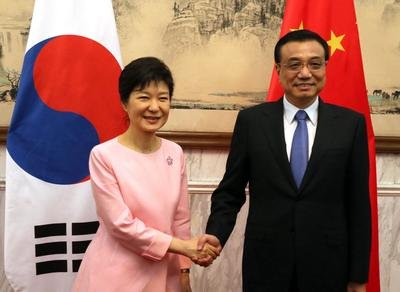Talk of de-dollarization is gaining momentum as a popular yet controversial issue, driven by significant shifts in the economic and geopolitical landscape (especially since the start of the war between Russia and Ukraine).
It should be noted from the outset that the de-dollarization has been a long term process that emerged over the last two decades. See IMF paper: The Stealth Erosion of Dollar Dominance: Active Diversifiers and the Rise of Non traditional Reserve Currencies (imf.org).
IMF Found that the dollar still plays un outsized role in global markets despite the US economy representing a shrinking share of global output over that lest 20 years and that its dominant role in global trade, international debt and non-bank borrowing still far outstrips the US’ share of trade, bond issuance and international borrowing and lending.
What is at stake for developing and emerging economies ?
What is the state of the play ?
Is it something (de-dollarization) that has to be taken seriously or is it an attempt to counter-balance politically and economically the US dominance ?
Are there any other similar initiative in the word ?
Hopefully this InfoPoint will provide some answers.
Speakers
- Christian De Boissieu, Professor Emeritus at Panthéon-Sorbonne University and CERDI-FERDI consultant
- Alicia Garcia-Herrero, Chief Economist for Asia Pacific at French investment bank Natixis and consultant at the think-tank Bruegel
- Camille Macaire, Economist at Banque de France
- Christopher Loewald, Head of Economic Research at the South African Reserve Bank (SARB)
Registrations







